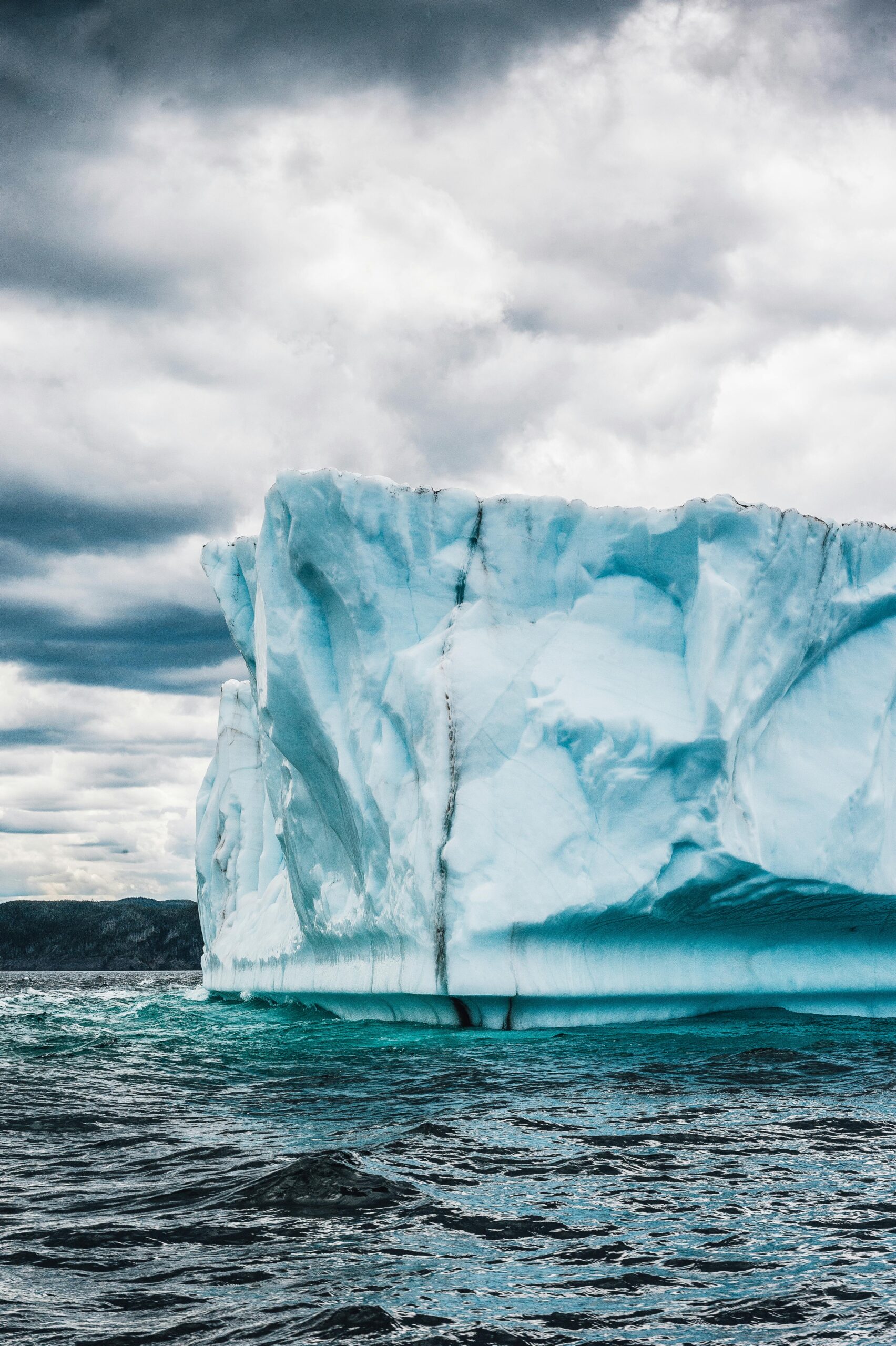When I first started learning about climate change, my focus was on the obvious signs—melting glaciers, rising temperatures, and extreme weather events. But what truly opened my eyes was discovering how profoundly our oceans are being affected. Our planet’s oceans cover over 70% of the Earth’s surface and play a vital role in regulating climate, supporting biodiversity, and sustaining livelihoods for millions. Yet, they’re facing immense pressure due to human-driven climate change.
As someone passionate about marine life and environmental awareness, I’ve seen firsthand how even small shifts in climate can ripple through entire marine ecosystems, affecting everything from microscopic plankton to massive whales. In this post, I want to break down how climate change impacts our oceans and, more importantly, why this should matter to all of us—whether you live near the coast or far inland.
🌡️ Rising Ocean Temperatures: A Heated Threat
One of the most direct consequences of climate change is rising ocean temperatures. You might wonder, “So what if the ocean gets a little warmer?” Well, for marine life, even a 1°C increase can be devastating.
Coral reefs, often called the “rainforests of the sea,” are incredibly sensitive to temperature changes. When the water gets too warm, corals expel the algae living in their tissues (which provide them with food and color), causing coral bleaching. I remember snorkeling over a reef that was once vibrant and colorful, only to see it stark white—a sobering reminder that climate change is happening now.
Warmer oceans also affect fish populations. Species that thrive in cooler waters are migrating to new areas, disrupting food chains and affecting fishing communities who rely on predictable fish stocks.
🧪 Ocean Acidification: The Hidden Danger
Another major issue is ocean acidification, which occurs when oceans absorb excess carbon dioxide (CO₂) from the atmosphere. This process lowers the pH of seawater, making it more acidic. Why does that matter? Because many marine organisms—like oysters, clams, and certain types of plankton—rely on calcium carbonate to build their shells and skeletons.
With increasing acidity, these creatures struggle to survive, and since they form the base of the marine food web, their decline affects the entire ecosystem. I often think about how something as seemingly small as a tiny plankton can have huge consequences when it’s no longer able to thrive.
🐠 Sea Level Rise and Habitat Loss
As glaciers melt and ocean waters expand, sea levels are rising. This doesn’t just threaten coastal communities with flooding—it also destroys crucial marine habitats like mangroves, salt marshes, and seagrass beds. These habitats are nurseries for young fish and buffer zones that protect coastlines from storm surges.
I’ve visited areas where mangroves once thrived, only to see them replaced by eroded shorelines. Losing these ecosystems doesn’t just impact marine life—it makes coastal areas more vulnerable to natural disasters, affecting both wildlife and human communities.
🌀 Changing Ocean Currents and Weather Patterns
Climate change is disrupting ocean currents, which play a critical role in regulating global weather patterns and distributing heat across the planet. When these currents shift, it can lead to:
✅ Stronger hurricanes and cyclones that wreak havoc on coastal ecosystems.
✅ Changes in nutrient distribution, affecting plankton growth and, consequently, the entire food chain.
✅ Altered migration patterns for marine species that rely on predictable currents.
I’ve spoken to local fishermen who have noticed fish moving to different areas or disappearing altogether. These shifts aren’t just scientific theories—they’re changes that real people are experiencing in their daily lives.
🐢 Impact on Marine Biodiversity
Climate change doesn’t discriminate—every part of the marine ecosystem is affected. From sea turtles facing disrupted nesting beaches due to rising temperatures to whales altering their migration routes, the balance of life in the ocean is shifting.
One of the most heartbreaking consequences is the threat to species already endangered. Climate stressors can push vulnerable populations past the point of recovery, risking the loss of incredible marine creatures forever.
🌍 Why This Matters to You (Even If You Don’t Live Near the Ocean)
It’s easy to think of the ocean as a distant place, especially if you don’t live near the coast. But here’s the thing—the ocean impacts all of us, no matter where we are:
🌿 Oxygen Production: The ocean produces over half the world’s oxygen.
🍽️ Food Security: Millions of people rely on marine life for food.
🌡️ Climate Regulation: Healthy oceans absorb carbon and heat, helping stabilize global temperatures.
When marine ecosystems suffer, the effects reach far beyond the shoreline. Protecting them isn’t just an environmental issue—it’s about human survival and well-being.
🌱 What Can You Do?
Feeling overwhelmed? I get it—the scope of climate change is massive. But small actions can make a difference when we all work together. Here are some ways you can help:
✅ Reduce your carbon footprint: Use public transportation, conserve energy, and support renewable energy sources.
✅ Cut down on single-use plastics: They often end up in the ocean, harming marine life.
✅ Support sustainable seafood: Choose fish from responsible sources to prevent overfishing.
✅ Get involved in local cleanups: Even inland trash can make its way to the sea.
✅ Spread awareness: Share information (like this blog!) and inspire others to care.
🌊 Final Thoughts: We Can Be the Ripple Effect
Climate change’s impact on marine ecosystems is one of the most urgent challenges of our time, but it’s not too late to act. I believe that when we understand how connected we are to the ocean, we become more motivated to protect it.
Every choice you make—no matter how small—has the potential to create a ripple of positive change. Let’s work together to preserve the beauty and life of our oceans for generations to come. 🌍💙

